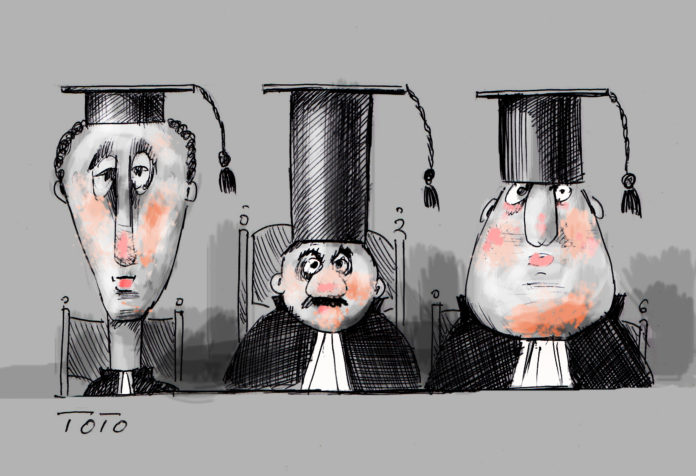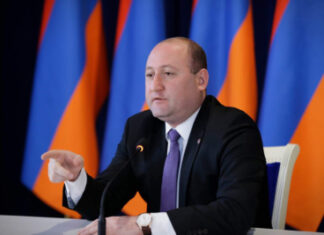One of the major factors which precipitated the Velvet Revolution in Armenia was the deep-rooted lawlessness which benefitted the oligarchic system.
People were sick and tired of the uneven application of the law, which often resulted in the loss of investment opportunities.
No investor, even with the best intentions, can have confidence in a country where his or her interests are not protected by the law.
Injustices forced many citizens to leave the country even when they had the work and income to support their families.
The Velvet Revolution came to reverse this state of affairs. Nikol Pashinyan won a tremendous mandate by the voters to bring about reforms and to place society on a course toward true democracy.
Although there is a long way to go, the rewards have already started to emerge. Donald Tusk, the head of the European Council, during his recent visit to Armenia, praised the strides of the country toward establishing democratic norms and assured the prime minister that the “EU welcomes the focus on creating independent, efficient and accountable judicial system. A solid judiciary is an essential element of a mature democracy and for economic and social development. Also, here the EU will continue to support with expertise and mobilize further resources.”










